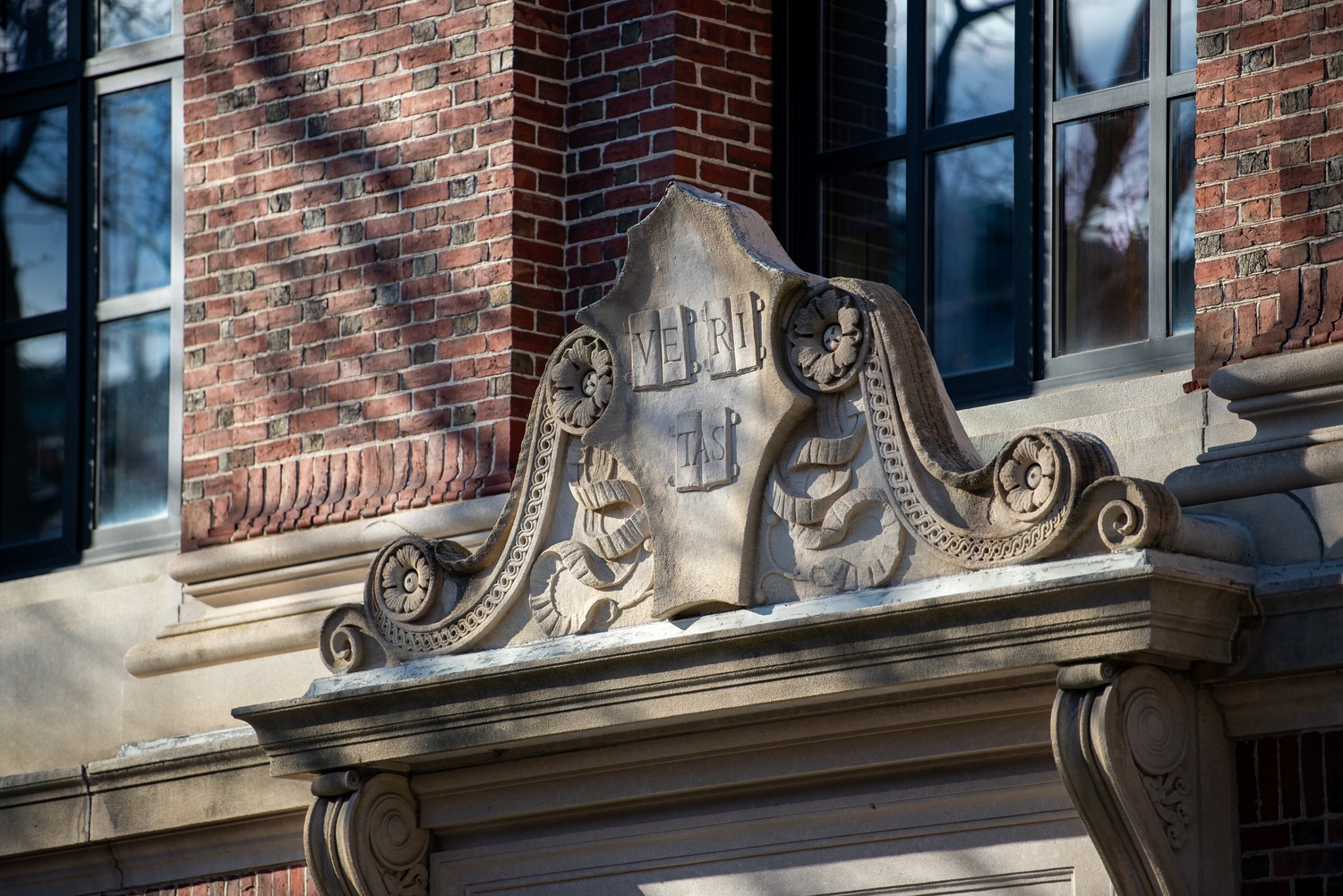
News
Summers Will Not Finish Semester of Teaching as Harvard Investigates Epstein Ties

News
Harvard College Students Report Favoring Divestment from Israel in HUA Survey

News
‘He Should Resign’: Harvard Undergrads Take Hard Line Against Summers Over Epstein Scandal

News
Harvard To Launch New Investigation Into Epstein’s Ties to Summers, Other University Affiliates

News
Harvard Students To Vote on Divestment From Israel in Inaugural HUA Election Survey
Why Harvard’s Lawsuit Matters — For All of Us
The Department of Health and Human Services — along with other federal agencies — issued Harvard a list of conditions on April 11 it must satisfy in order to receive funding that had already been promised and budgeted. These conditions went far beyond any legally authorized enforcement of civil rights protections.
Harvard rightly refused. In a letter dated April 14, Harvard responded plainly: “Neither Harvard nor any other private university can allow itself to be taken over by the federal government.” If we do not resist, Harvard ceases to be a university governed by veritas.
Hours later, the federal government froze $2.2 billion in research funding for Harvard. Not because of financial impropriety or failed research protocols. Not even because of a formal finding of discrimination under federal civil rights law. Instead, it froze the money because Harvard refused to comply with its political ultimatum.
The demands that the federal government imposed on Harvard more closely resemble a desire to bend Harvard to the Trump administration’s liking than a genuine effort to enforce the law. They ordered Harvard to completely restructure its governance, fire all DEI staff, conduct ideological audits of students and faculty, and hire and admit according to a government-prescribed formula for “viewpoint diversity” — as determined by an “external party” approved by none other than the government itself. The message was blunt: surrender institutional independence or lose the ability to pursue lifesaving research.
Since Harvard’s refusal to become the Trump administration’s political pawn, federal agencies have ramped up threats and even signaled intent to revoke Harvard’s tax-exempt status. What is unfolding is a coordinated campaign to force elite universities into ideological submission through financial coercion.
This is not about whether Harvard has done enough to combat antisemitism. The University acknowledges its responsibility and has taken substantive steps — disciplining students and staff who violated protest guidelines, adopting the IHRA definition of antisemitism, and convening a task force to issue ongoing recommendations.
But that’s not what this freeze is about.
It is a political move dressed up as civil rights enforcement. As Harvard’s complaint compellingly argues, no process under Title VI — the civil rights statute being invoked — was followed. As far as I’m aware, there was no finding of noncompliance. No hearing. No opportunity for voluntary correction. Just a demand and a punishment.
In legal terms, Harvard’s complaint argues that the freeze violates the First Amendment, the Administrative Procedure Act, and the text and procedures of Title VI. But the stakes are bigger than the law. They’re about what kind of institution Harvard is — and what kind of country we want to live in.
When the government starts conditioning basic institutional survival on compliance with its preferred speech, its preferred pedagogy, its preferred admissions and hiring policies, we have crossed a line. We are not in the realm of debate or deliberation. We are in the realm of coercion.
This is not only Harvard’s fight. Research institutions across the country — Brown, Columbia, Penn, and others — are caught in similar crosshairs. What Harvard does now sets the precedent. If we yield quietly, if we treat this as just another skirmish in a culture war, we risk normalizing a vision of governance in which intellectual independence exists at the mercy of political power.
Harvard wisely recognized the gravity of the situation and responded accordingly. What’s next?
In the coming weeks, Harvard will likely seek a preliminary injunction to lift the freeze. The government will presumably try to dismiss the case. If the court allows it to proceed, discovery will follow — an opportunity to examine the motives, communications, and internal justifications for this unprecedented move. And we may see, for the first time, a direct legal confrontation over whether the government can force ideological compliance through the lever of research funding.
The issues are technical. The stakes are not.
This case is about the freedom of a university to think, teach, and govern itself — without fear of political retaliation. It’s about whether federal dollars become a leash to force conformity. And it’s about whether students, faculty, and researchers across this University can continue to do their work in a space shaped by principle, not power.
Harvard is fighting back. So must we.
Charles R. Nesson ’60 is the William F. Weld Professor of Law at Harvard Law School.
Want to keep up with breaking news? Subscribe to our email newsletter.

